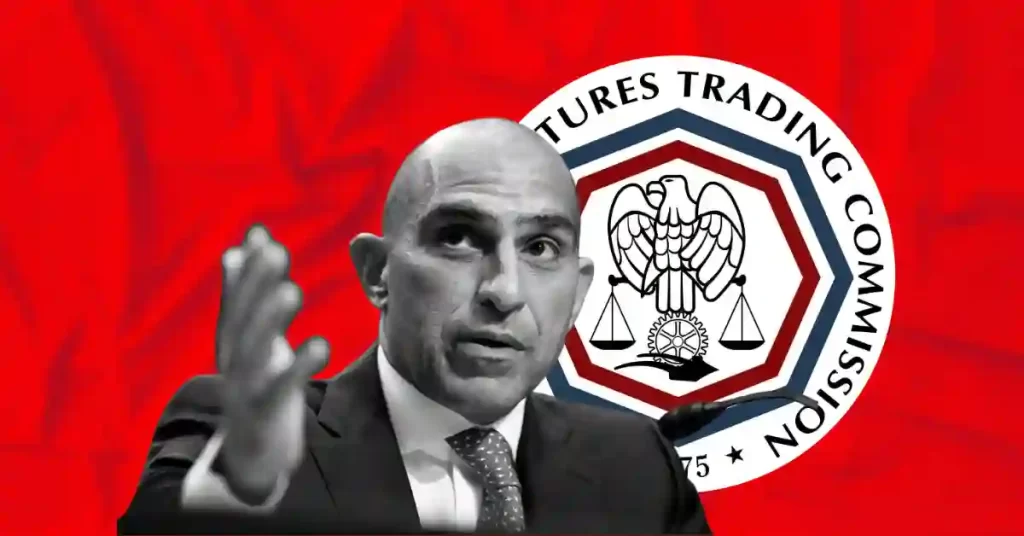
The post CFTC Chairman Reiterates Cryptos Are Commodities Amid SEC Debacles appeared first on Coinpedia Fintech News
The Chairman of the U.S. Commodity Futures Trading Commission (CFTC) has recently reiterated a crucial stance. Amidst ongoing debates and a noticeable struggle between different regulatory bodies, the chairman has firmly stated again that most cryptocurrencies are considered commodities according to the current legal framework.
The Regulatory Complexities
During a recent appearance on CNBC’s Squawk Box, CFTC Chair Rostin Behnam emphasized the categorization of many digital tokens as commodities. This declaration brings some much-needed clarity in a sector that has been mired in ambiguity and differing opinions among regulatory agencies. Behnam’s viewpoint sheds light on the ongoing debate and highlights the urgent need for legislative action to clearly define the regulatory landscape of digital assets.
The CFTC’s position, however, contrasts with the perspective of the Securities and Exchange Commission (SEC). SEC Chair Gary Gensler has consistently argued that crypto intermediaries deal in securities and should fall under the SEC’s regulatory domain. This difference in viewpoints underscores a broader conflict among U.S. regulatory bodies over the authority to govern the burgeoning crypto industry.
SEC’s Approach
Instead of creating new regulations, the SEC has applied existing laws to the crypto sector, focusing on enforcing securities laws, anti-fraud measures, and other financial regulations. This approach, while maintaining the current legal framework, has left the crypto industry yearning for clearer guidelines and a more predictable regulatory future.
One of the key challenges for the SEC has been establishing that certain crypto tokens qualify as securities and fall under its jurisdiction. This was highlighted in a recent court decision in July, where Ripple’s XRP token was ruled not to be a security, opposing the SEC’s bitter stance.
As of the time of writing, the SEC has been active in enforcing regulations related to crypto assets, with over 130 actions taken, including cease-and-desist orders against various companies and executives in the crypto space. Despite the constant clear categorization by the CFTC, the lack of unanimous agreement among the regulatory bodies continues to create a complex environment for crypto assets.

 1 year ago
100
1 year ago
100














 English (US) ·
English (US) ·